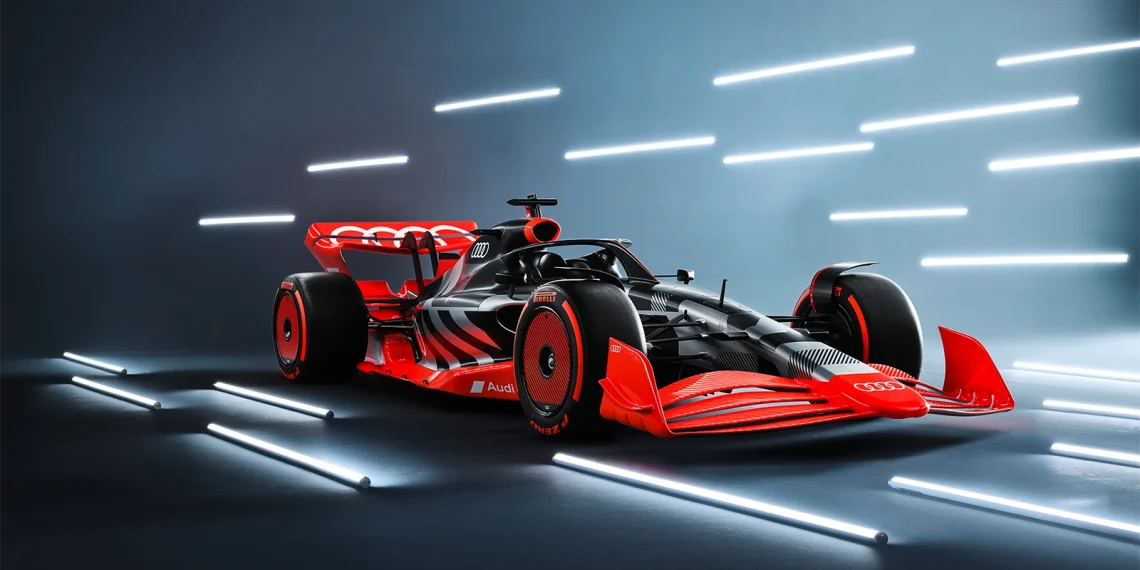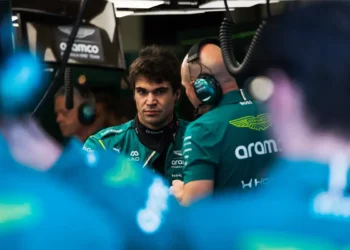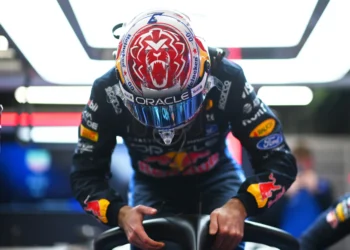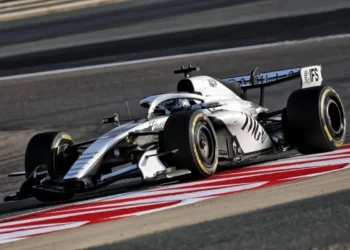Audi CEO Gernot Döllner has dismissed speculation that the Qatar Investment Authority’s (QIA) minority stake in Audi’s Formula 1 project is tied to the broader financial struggles facing its parent company, Volkswagen Group.
Despite reports of declining sales in Europe, potential factory closures, and over 30,000 jobs at risk, Döllner emphasized that Audi’s Formula 1 venture is a strategic investment aimed at transforming the brand, not a bailout tied to current financial pressures.
QIA’s Investment in Audi’s F1 Project
The QIA, already Volkswagen Group’s third-largest shareholder with a 17% stake, has acquired a 30% stake in Audi’s Formula 1 team, reportedly for $350 million. The investment aims to bolster Audi’s ambitious plans to transform the struggling Sauber team into a competitive works entry by 2026, when Audi enters F1 as both a chassis and power unit manufacturer.
Döllner clarified that discussions with QIA began well before Volkswagen’s current financial challenges became apparent.
Gernot Döllner:
“You can’t build a future by only saving money. You have to invest. And we have to transform the company. The F1 project is an integral part of that transition.”
Audi’s Strategic Transition
Döllner, who became CEO in September 2023, reviewed Audi’s F1 program and decided that seeking an investment partner would be essential for achieving their lofty goals. He also made significant leadership changes, including replacing Andreas Seidl and Oliver Hoffmann with Mattia Binotto, the former Ferrari team principal, as Chief Operating Officer and Chief Technical Officer.
Döllner:
“When I stepped in as CEO of Audi, we reviewed the project. The question was how to proceed. Part of the decision to go all in was realizing we needed partners to think bigger and build a strong team.”
QIA’s Role in Audi’s Vision
The partnership with QIA is modeled after other F1 team structures, such as Mercedes’ shared ownership with INEOS and Toto Wolff. Binotto indicated that the funds from QIA would go toward addressing the “gap to the top teams” and building a team capable of winning championships.
Mattia Binotto:
“The investment is whatever is needed to bring the team to become a winning team. The gap to the top teams today is significant, and there’s a lot that is needed.”
A Broader Shift in F1 Partnerships
The deal with QIA aligns with a growing trend of F1 teams bringing in significant partners to share costs and accelerate development. Döllner hinted at the possibility of a broader partnership with QIA, potentially including naming rights, although Audi will remain the team’s title sponsor.
Döllner:
“We are right now having a broad view on that. No decisions taken so far. It will be definitely Audi as title sponsor, and the future will show how the constellation evolves.”
Volkswagen Group’s Financial Woes
The Volkswagen Group, Audi’s parent company, is grappling with declining sales in Europe and significant restructuring challenges. While CFO Arno Antlitz has warned that VW has “a year, maybe two years, to turn things around”, Döllner stressed that the F1 project remains separate from these financial struggles.
Döllner:
“This is not related to Volkswagen’s situation. F1 is a pillar of Audi’s future and a sign of where we want to go.”
Audi’s Path Forward
With significant investment from QIA and a clear commitment to the future, Audi aims to use its F1 entry as a platform to re-establish itself as a leader in innovation and performance. As 2026 approaches, all eyes will be on whether this ambitious plan can deliver on its promise.










